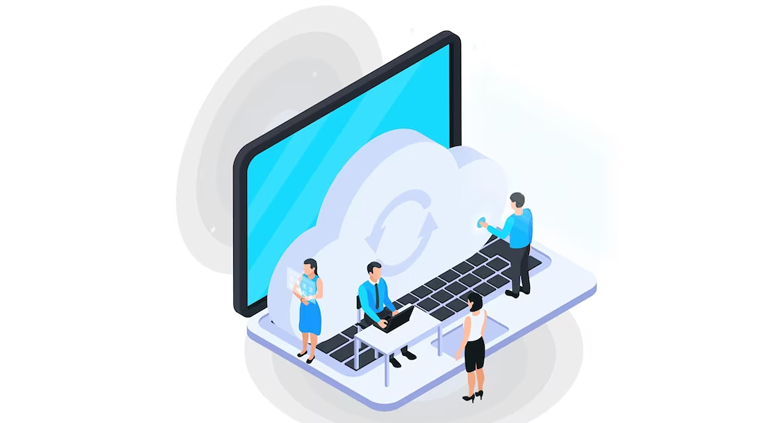x
O
I
G
O
Oigo Technologies
Start your project 08050763339


